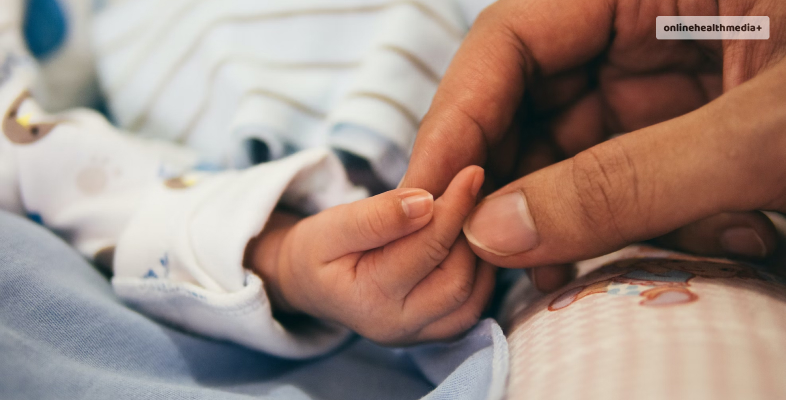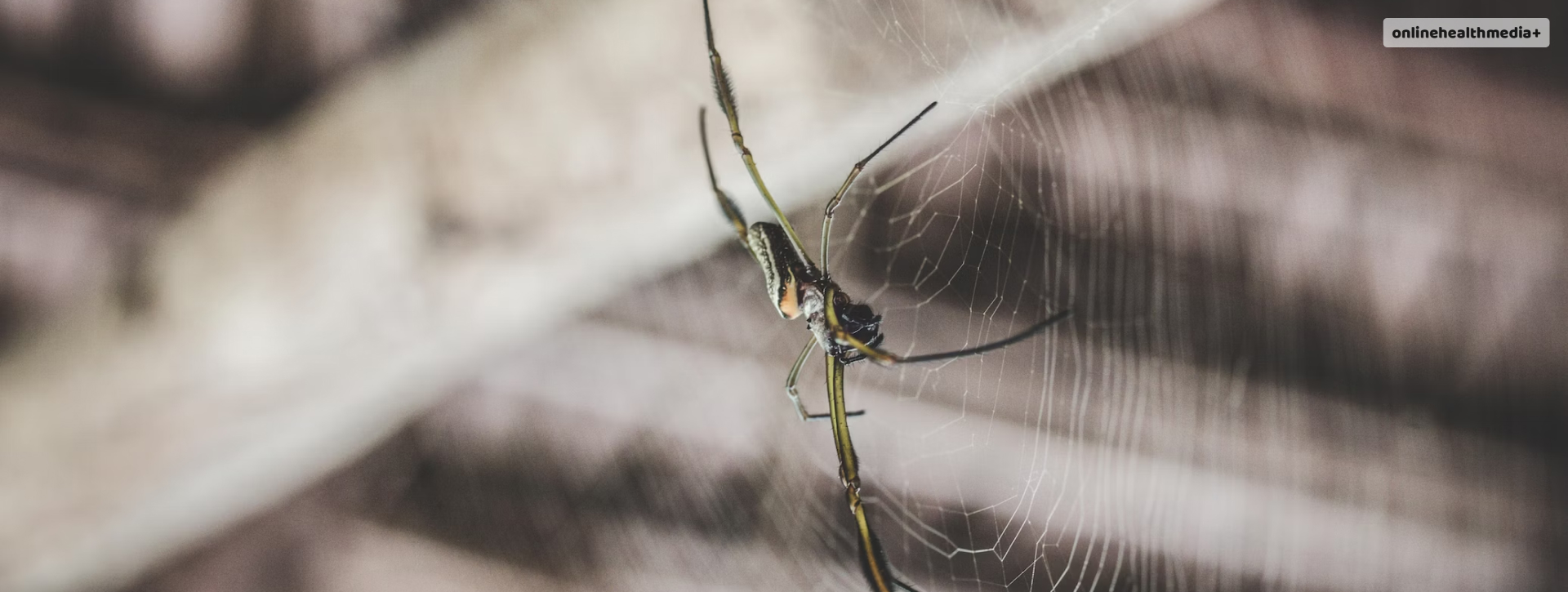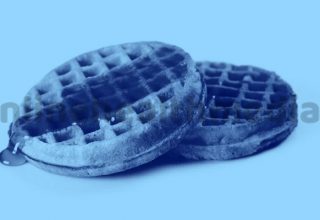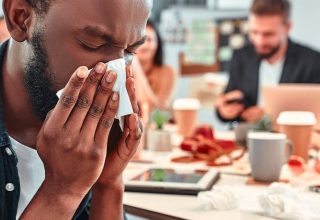Bug Bites 101: This Is How You Treat Common Spider Bites In Children.
If you are not around a Brazilian tarantula, Spider bites in children are almost always lethal. However, taking the necessary precautionary measures is still important.
After all, children are still at the growing stage, where their immunity is building to their full strength.
Therefore, taking the matter seriously is imperative. You wouldn’t want any sudden invasive agent to be an obstruction to your child’s growth.
Contents
Importance Of Treating Spider Bites In Children
This is why treating a spider bite for children is so crucial.
Treating spider bites is of the utmost importance for children’s health. It stops the pain and makes them feel better, first off.
It is important to keep the child relaxed and comfortable. The most effective way to ensure kids make a speedy recovery and have no major complications from spider bites is to treat them quickly and right away.
Symptoms Of Spider Bites Specific To Children

When it comes to spider bites in kids, it’s good to keep an eye out for a few things:
1. Redness and Swelling
If you notice a brown spot that’s beginning to turn red and puff up, perhaps that’s where the spider got one of his nibbles in.
2. Itching and Pain
scratching a great deal, or saying an itchy spot hurts more than usual. That probably is spider bite doing its work.
3. Red Spots or Blisters
Occasionally, the bite area will get a little fancy with red spots or even blisters. It’s like a little note saying, Something occurred here!
4. Tender Lymph Nodes
Lymph nodes are miniature bodyguards in the neck or under the armpits. Plus, they are a good way to detect a sickness coming. If they are tender or puffy, this could be a reaction to an unwelcome guest’s visit.
5. Fever and Headache
If a kiddo gets bitten by a spider and suddenly feels warm or has something wrong with his head, you’d better listen up.
First-Aid For Common Spider Bites For Children

Dealing with spider bites in kids can be a breeze with some simple first-aid steps. Yes, they might be in a little pain, which will make you slightly sad.
But, with these following precautions, you should be able to help soothe their pain.
1. Stay Calm and Comfort the Kiddo
First things first, don’t panic. Soothe your little one and tell them everything will be all right. Hugs are worth their weight in gold!
2. Wash the Bite Area
With a little mild soap and water, gently wash the bite. This keeps it clean and prevents any extra germs from joining the party.
3. Cold Compress Magic
If the bite is getting a little hot or starting to swell, apply cold compression. It’s like giving the skin a small ice cream so it can relax.
4. No Scratching Allowed
Although it may be irritating, tell the child not to scratch at the bite. Scratching may actually make things worse and increase irritation.
5. Keep an Eye Out
Watch for any changes. Should things take a more serious turn–major swelling, difficulty breathing–it’s time to ditch the superhero costume. The doctor is coming over!
6. Over-the-Counter Relief
If the bite is causing discomfort, you should apply creams or antihistamines as a doctor advises.
7. Avoid Home Remedies
Tempted though you may be to try some home remedy that comes online, it is best to adhere to the simple first-aid steps and secure medical advice.
8. Hydrate and Rest
Have your little one drink some water and take it easy for a bit. A good night’s rest and plenty of water are occasionally just the ticket.
What Are The Quick Home Remedies For Spider Bite In Children

Note that these home tricks are for ordinary spider nibbles. If things look tricky or your kiddo feels superhero-ill, it’s time to see a pro.
With a little care and common sense, it’s really just making a simple boo-boo feel better.
Itch-Free Cream
Go to the store and get a cream with hydrocortisone in it. It’s like a special lotion that prevents itching. If you are uncertain, just ask the doctor.
Raise the Bite Spot
If the bite occurs on an arm or leg, try to elevate it a bit. Giving it a comfortable pillow to lie on is good for reducing swelling.
Watch for Strange Stuff
Pay attention to the bug bite. If things have swollen up or if your child is having trouble breathing, it’s time to call the doctor. They’re the experts!
It Is Time To Seek Medical Attention?
Now, don’t get too worried! Spider bites are no big deal, and kids bounce back like superheroes;
however, if something seems amiss, such as difficulty breathing or severe swelling, then it’s superhero time for the grownups to page the doctor.
Big Swelling: When the bite area is much larger or more swollen than usual.
Trouble Breathing: If your child easily runs out of breath.
Severe Pain: If the pain is more than a boo-boo’s worth.
Spreading Redness: If the redness spreads beyond the bite spot and persists.
Persistent Fever: If your child is running a fever that won’t disappear.
Unusual Sleepiness: If they’re particularly tired and sleepy.
Bad Feeling: Go with your gut. If it doesn’t feel right, then go ahead and call the doctor. They’re there to help!
If you teach the little ones to be clean and wash their hands, then avoiding spider bites is simple. If one does take place, a pat on the head, wipe off with a cold cloth for the boo-boo, perhaps a look in at Doc’s office. Before you know it, they’ll be back to their bouncy play again.
Also read
- Top Electric Toothbrush For Kids.
- The Most Common Types Of Bicycle Accident Injuries.
- Compelling Reasons To Incorporate Shilajit Into Your Diet.



